Our History
Much has changed since we were the Colorado Agricultural College 150 years ago. The land-grant mission of the Walter Scott, Jr. College of Engineering – teaching, research, and outreach as well as monitoring the weather – remains the same.
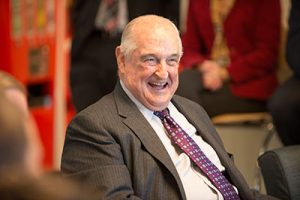
“As we get older, I think it’s natural to think about the generations that will follow. And in a technological age, it’s important that our top students have the opportunity to study at strong research universities.”
Walter Scott, Jr., 2017
Alumni, Civil Engineering, 1953
Our Timeline
"We need to be motivated by service as well as by profit. We serve best by finding out what people want and helping them work to realize their dreams."
Maurice Albertson
Professor, civil engineering
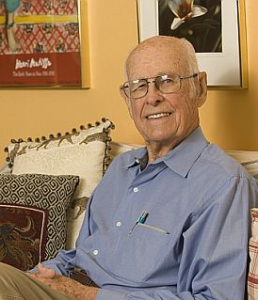
Department and Program History
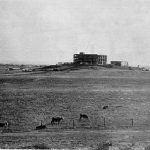
- Founded in 1961 by renowned tropical meteorologist Professor Herbert Riehl.
- Officially recognized as a department in March 1962.
- Explore the department’s history page here.
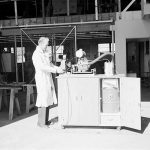
- Chemical engineering program launched in 1977.

- Read about many of the department’s alumni, starting with the 1930’s and 1940’s.

- 1902-1903 – First Electrical Engineering courses appear in the university catalogue and efforts to organize a department are made by L.D. Crain.
- 1907-1908 – Course catalogs first acknowledge the availability of a B.S. degree in Electrical Engineering

- 1879 – Classes begin at the State Agricultural College of Colorado; Ainsworth Blount is appointed professor of mechanical arts.
- 1883 – Colorado Agricultural College rolled out its first mechanical engineering courses on such things as “steam engine structure” and “transmission of power.”

- Established as a program in 2008.
- Systems Engineering became a department in the college in 2019.
- Read about System’s 10th anniversary here on Source.

- Officially established in 2000 as an interdisciplinary program.
- Fully established as a school in academic year 2007-2008.
- Read about SBME’s 10th anniversary here on Source.
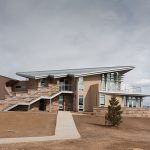
- First established in 1980 as a partnership between CSU and NOAA.
- Read about CIRA’s $128 million cooperative agreement with NOAA, renewed in 2019.